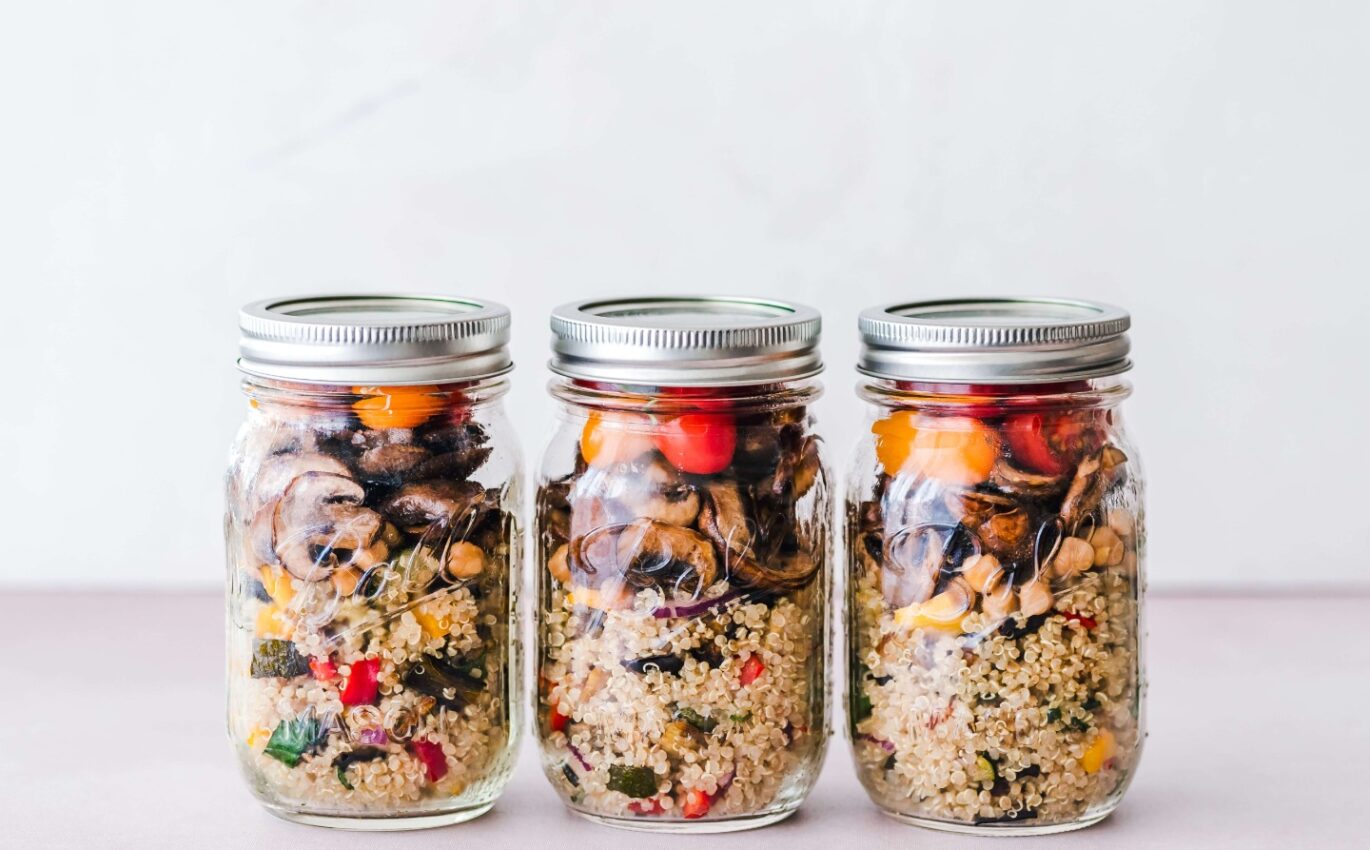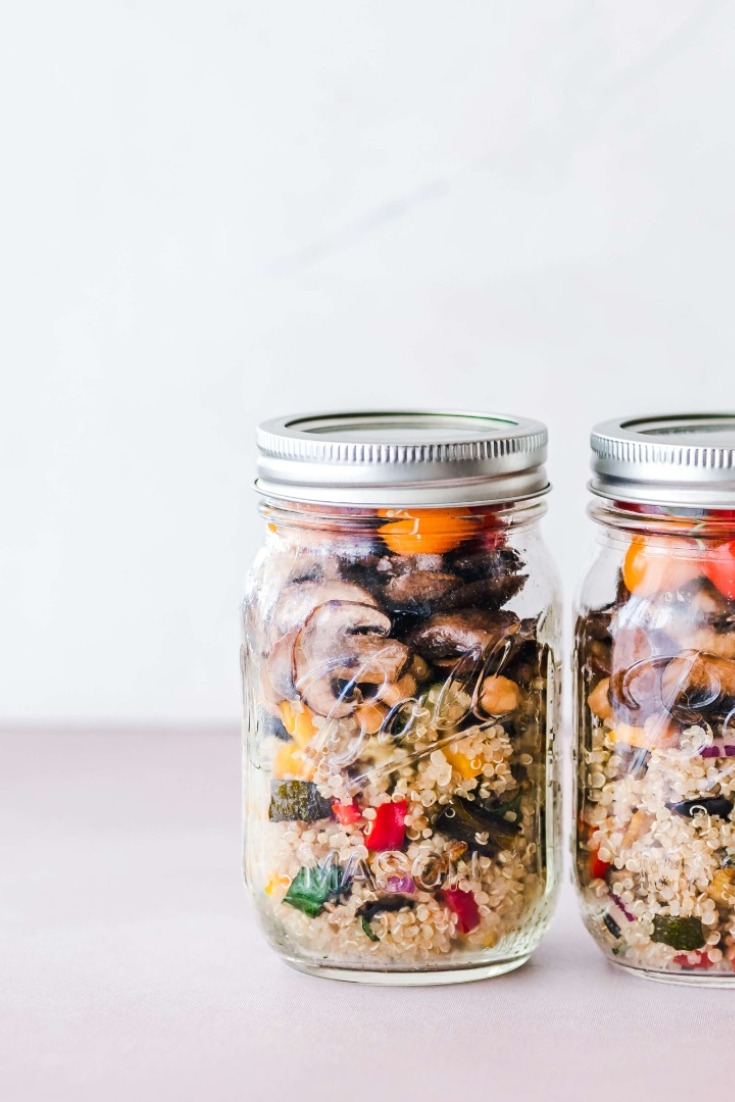I hear it all the time: what in the world is zero waste? Often it’s asked in more colourful language, as you can imagine. If you’ve found this, you are probably asking a similar question or you’re just trying to find a way to explain it to a friend or family. First and foremost, I am certainly not into judging, preaching or pushing my values on to others. I am simply happy to share what I have learned along the way of my own journey. Maybe it can help you or us live more sustainable lives.
What is Zero Waste
“Eco-Friendly”, “Clean”, “Green”, Sustainable… have been around for years and they are part of our day to day vocabulary. Whether it’s part of a conversation about the environment or in a marketing campaign, you hear these words regularly and I think we all get what they mean. The term “Zero Waste” on the other hand has started to pop up more in the last several years and there seems to be more confusion about it.
Zero Waste at its most basic is a practice or product that has the goal of producing no waste or trash. Zero Waste is all about preventing waste before it even happens. Basically it’s all about intention or planning to avoid creating garbage.
History
Not that long ago, this used to be everyone’s reality. We used our resources to their fullest. We saved, reused, repaired. We all wanted long lasting quality. Somewhere along the way, that value was lost and we switched to disposables. Nowadays, everything from cutlery, fast fashion to electronics and even major appliances… are considered disposable. Stuff that is just trash in transition. The constant cycle of buying cheap products might be available to most but it doesn’t consider all the waste from start to finish and all the havoc it is causing on the planet.
The term Zero Waste was initially coined in industry by a California based chemist, Dr. Paul Palmer. In the 1970’s, his company, Zero Waste Systems, started helping the tech industry to divert their chemical waste from landfill. They began saving it and selling to other companies. Over time he started looking at ways to divert other waste with the systems he had learned. Fast forward 50 year and people are applying his methods to product design and life in general.
In nature there is no such thing as waste
– David Suzuki
Nature
A system where nothing is wasted is not a new one, just look at nature. Everything produced from microorganisms, to plants to animals is used in a circular system. When a leaf falls from a tree, it’s broken down by microorganisms which feed the soil and allow new plants to grow, which feed the animals… and at end of life the cycle starts again. We used to live this way too.
Imperfect Zero Waste
In today’s reality, Zero Waste is a goal. It is often impossible to achieve 100% zero waste in our modern society, but it doesn’t mean that we shouldn’t try our best. Every little bit counts and can have a significant ripple effect. Small changes by many have a bigger effect than perfection by a few. Don’t let perfection get in the way of good. Start with small changes, get used to them and work your way up.
We don’t need a handful of people doing zero waste perfectly. We need millions of people doing it imperfectly.
– The Zero Waste Chef Anne-Marie Bonneau
If 10,000 people reduce their waste by 10%, that would reduce 10 times more waste, than a 100 people reducing their waste to zero.
We may never reach the Zero in “Zero Waste” but that is no reason to take Zero action.
-Anne-Marie Bonneau
The Waste Age
“New and improved”, single use, disposable, trash in transition… is incompatible with life on earth. This waste is too chemical, too toxic, too indestructible and too immense. By 2050, as much as 12 billion tonnes of plastic will have accumulated in landfills or the natural environment. More than a million plastic bags are consumed every minute globally, and that this amounts to between 500 billion and 5 trillion a year. Such numbers present a seemingly precise quantification yet one that’s utterly ungraspable. The average person just translates them into ‘a shitload’.
Time to Acknowledge
To acknowledge that we live in the “Waste Age” is to acknowledge that we live both in a time of ingenious designs, inventions and convenience and a time of insane levels of pollution and waste. Our supposed culture and growth is entirely dependent on the relentless and ruthlessly efficient generation of waste.
It’s pretty amazing that our society has reached a point where the effort necessary to extract oil from the ground, ship it to a refinery, turn it into plastic, shape it appropriately, truck it to a store, buy it and bring it home, is considered to be less effort than what it takes to just wash the spoon when you’re done with it.
-Unknown
If we admit that we are living in the “Waste Age“, it becomes a chance to for us to usher in hope for a cleaner and better future.
Throw-Away Magic
Wastefulness is not a natural instinct, it’s something we have been taught. We had to be programmed to the advantages of disposability and planned obsolescence. ‘Throw-away’ are magical words implying that waste disappears when it’s thrown-out.
There is no such thing as ‘away’. When we throw anything away, it must go somewhere.
-Annie Leonard
Waste is deliberately generated as the very metabolism behind economic growth. By 1950, the world was producing about 2 million tonnes of plastic each year. In 2019, it was 368 million tonnes, with more plastic produced in the past decade than ever before. It is time to make it stop. Luckily, world leaders are are walking up to the issue. The United Nations Environment Assembly recently met and agreed to develop a global treaty on plastics. It is titled “End plastic pollution: Towards an international legally binding instrument“, and it has many people excited.
In the End
Whether waste is considered from start to finish in product design or in our day to day lives, we as citizens, family members and consumers have the ability to make a difference. We all have the power to make a change.
Start small and work your way up, what have you got to loose…except waste?
Be the change you wish to see in the world.
-Mahatma Ghandi
The world is changed by your example, not by your opinion.
-Paul Coelho
No matter who or what inspires you, you have the power to usher in a brighter future.
You can chose to be “part of the solution and not the pollution”.
Please share on your socials or even better subscribe below for regular updates. Thanks for reading,
Pat
If your looking for more inspiring quotes check out the Eco Warrior Princess.
Pat is a Ski Patroller/Avalanche Technician with a keen interest in design and sustainable living due to a longtime passion for the outdoors. Seeing glaciers melt, seasons change, summer skies full of smoke and beach pollution first hand, motivate him to make a difference.
As Yvon Chouinard Founder of Patagonia says “If you are not part of the solution, you are still part of the problem”.

